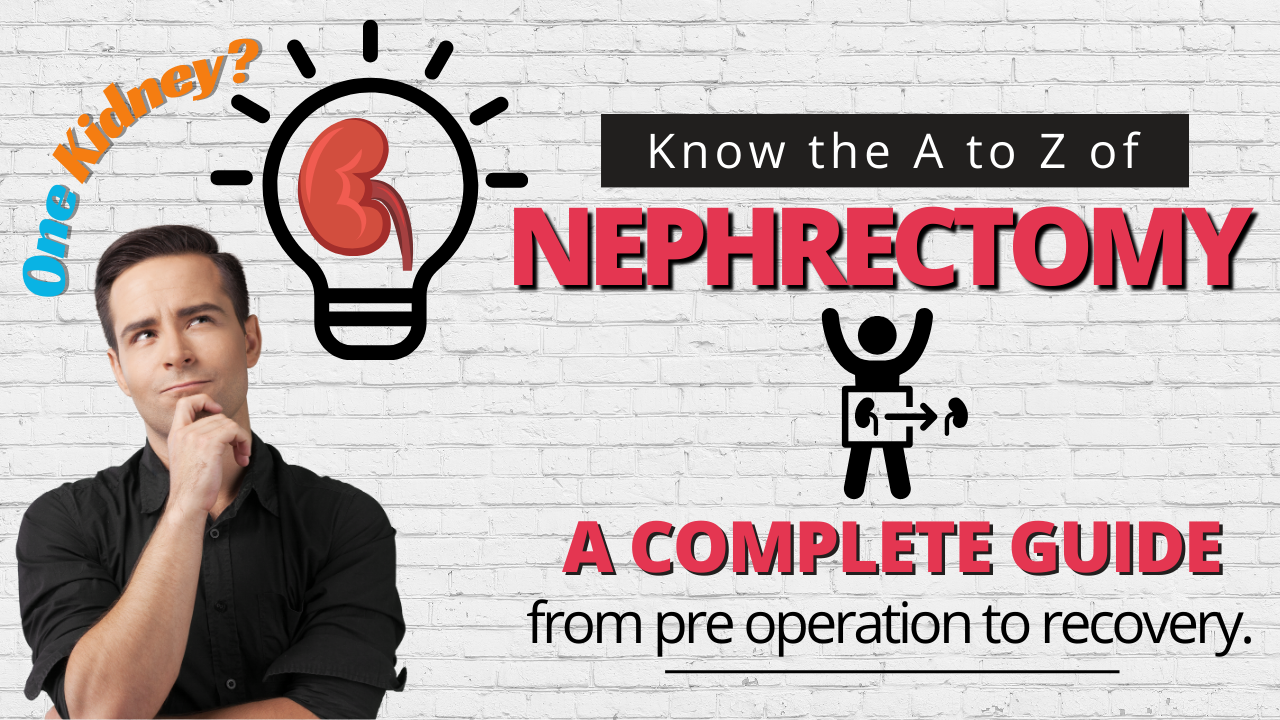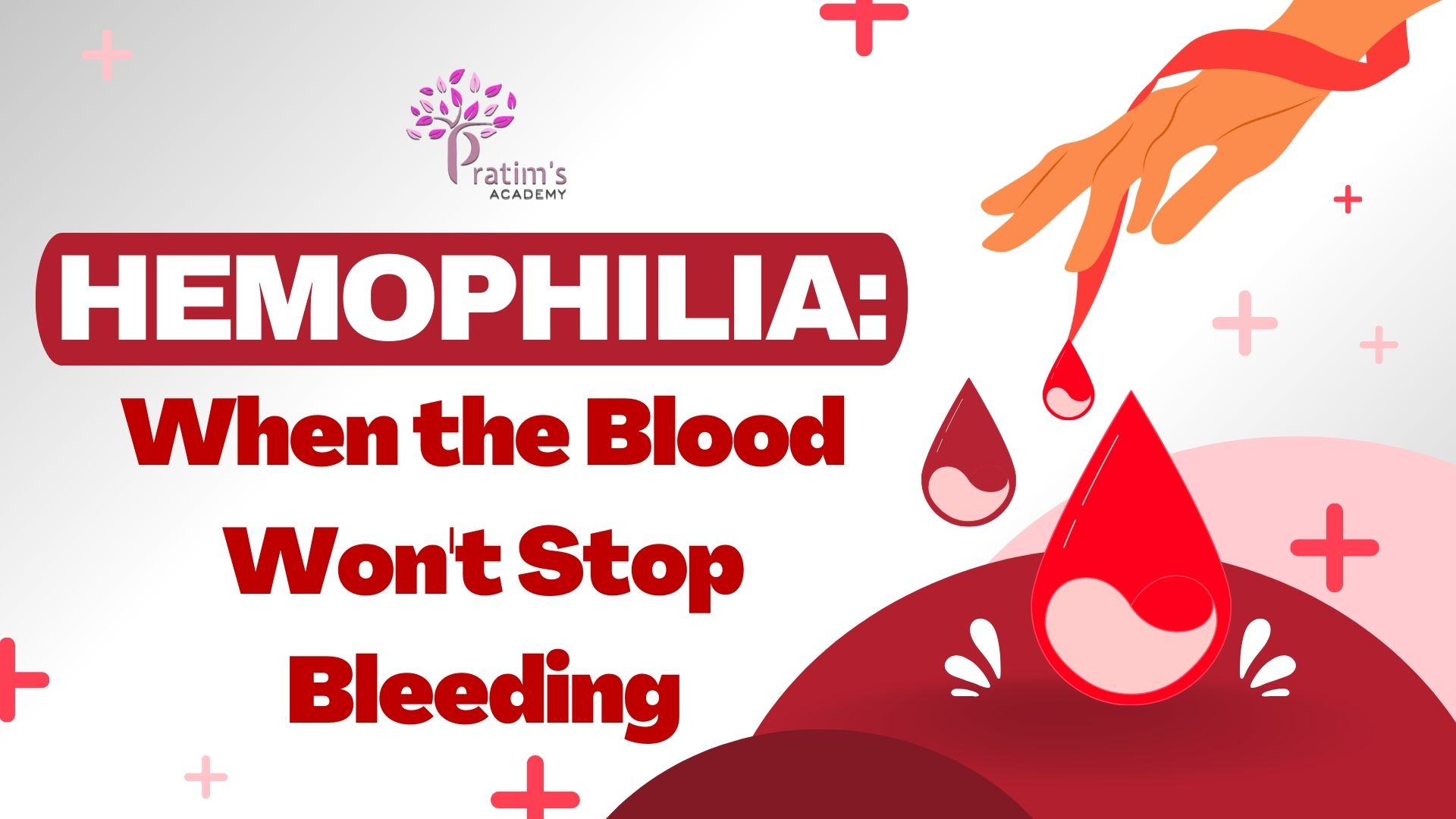
- 590
- 0
Nephrectomy: A Comprehensive Guide from Pre-Op to Recovery
Nephrectomy: Overview and Purpose:
Nephrectomy refers to a surgical procedure aimed at the partial or complete removal of a kidney. This intervention is typically conducted to address various kidney-related conditions and diseases.

Indications of Nephrectomy:
- Treatment of Kidney Cancer: In case of kidney cancer physicians go for nephrectomy frequently, that allows the removal of the affected kidney or a part of it as a primary treatment method.
- Management of Severe Kidney Damage: Conditions such as advanced stages of polycystic kidney disease, severe infections, or traumatic injuries affecting the kidney may necessitate the surgical removal of the affected kidney.
- Donor Procedures for Kidney Transplant: In cases where a healthy kidney is donated for transplantation, a nephrectomy is performed on the donor to extract the healthy kidney.
Limitations and Considerations:
- Poor General Health: Patients in poor overall health might be deemed unfit for major surgery like nephrectomy.
- Extensive Spread of Cancer: In cases where kidney cancer has spread extensively and multiple organs, nephrectomy might not be recommended as the primary treatment.
- Severe Complications and Risks: Certain medical conditions, such as uncontrolled bleeding disorders or severe heart disease, might make the risks of nephrectomy too high.
- Patients without Medical Justification: Nephrectomy is a major surgery and physicians only consider this for a valid medical reason, especially when it’s necessary for the patient’s health and well-being.
Types of Nephrectomy:
- Simple Nephrectomy: Involves the complete removal of the affected kidney.
- Partial Nephrectomy (Nephron-Sparing Surgery): This method selectively removes only the damaged or diseased part of the kidney while endeavoring to preserve the maximum amount of healthy kidney tissue.
- Bilateral Nephrectomy: Bilateral nephrectomy is a surgical procedure involving the removal of both kidneys.
- Radical Nephrectomy: Radical nephrectomy is the surgical removal of the entire kidney and surrounding tissues.

Surgical Approaches:
- Open Surgery: This traditional approach involves a larger incision for kidney removal.
- Minimally Invasive Techniques:
Laparoscopic Surgery: Utilizes smaller incisions and specialized tools, resulting in reduced scarring and faster recovery.
Robotic-Assisted Surgery: Involves robotic arms controlled by the surgeon, offering enhanced precision and dexterity in minimally invasive procedures.
Preparing for Nephrectomy:
- Consultations with the surgical team, which includes the surgeon and anesthesiologist, to thoroughly assess the patient’s health condition and potential risks associated with the surgery.
- Patients should evaluate their overall health specifically examine the kidney intended for removal through various medical tests, such as blood work and imaging scans.
- Review and potential adjustment of the patient’s medications, especially those that could potentially disrupt the surgery process.
- A required period of fasting before the surgery to minimize potential risks linked to anesthesia administration.
- Lifestyle adjustments, like the cessation of smoking and reducing alcohol intake is necessary to facilitate the body’s healing process and minimize surgical risks. You can also enrich yourself by joining our diet group:
- Planning for the post-surgery recovery phase, including organizing support at home and preparing a conducive environment for recuperation.
- Strict adherence to pre-operative instructions, including guidelines on fasting, using specific hygiene products, and other necessary preparatory measures.
Critical Post-Operative Recovery:
- Caring for yourself after a nephrectomy is crucial to ensure proper healing and a smooth recovery.
- Hospital Stay: Patients typically require a hospital stay for a few days after the surgery for monitoring and initial recovery.
- Recovery Period: The recovery process spans several weeks, during which patients may experience discomfort, pain, and fatigue.
- Gradual Rehabilitation: Over time, most individuals gradually regain their strength and can resume their daily activities.
- Physical Activity: Initially, you’ll need plenty of rest to aid in your recovery. Slowly engage in light physical activities or short walks as your healthcare provider advises. Exercise can aid in recovery, but always follow your doctor’s guidelines to prevent strain. You can join our “Mukti Program” yoga classes:
- Emotional Support: Don’t hesitate to look for emotional support if needed.
- Watch for Complications: Recognize the signs of complications, for example, excessive bleeding, fever, severe pain, or other unusual symptoms. Contact your healthcare provider immediately if you experience any concerning issues.

In conclusion, nephrectomy stands as a significant surgical solution for various kidney-related conditions, such as cancer and severe damage. However, its suitability varies for each individual. The different types of this procedure offer tailored approaches. Success in recovery significantly relies on adhering to medical guidance and post-operative care.
Comment
Check Your EGFR
***We Promise, no spam!






